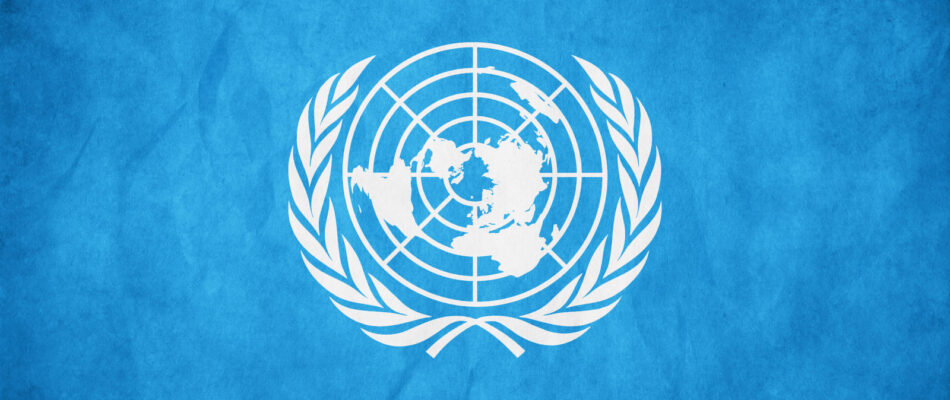
Students, a priority in the post-2015 education agenda
PARIS – The United Nations Educational, Scientific and Cultural Organisation (UNESCO) hosted on 19 and 20 February a Regional Ministerial Conference on Education post-2015. The European Students’ Union (ESU) attended the meeting and advocated the idea of specific inclusion of pupils and students as stakeholders. This was well received, as highlighted in suggestions to paragraph 19 of the post-2015 development agenda of the United Nations, which reads as follows:
“We recognise that the participation of children, students and young people in education governance, can help develop skills such as problem solving, critical thinking, and decision making, and strengthen the behavioural capacities required to effectively engage in society. We commit to strengthen existing and emerging education governance processes in formal and non-formal contexts and ensure the active involvement of children, students and young people, parents, families and communities and work with them to monitor the quality of educational services.”
Other important achievements included the inclusion of student-centered learning, progressive language on the issue of sexual education, as well as a recognition that skills and learning outcomes are much more than just those that the labour market requests. ESU was happy to see that the latter was further explicitly recognised by a large number of present government officials.
One of the largest priorities of the civil society organisations present at the meeting, was to include a specific target on teachers. However, this idea was opposed by countries that also want to reduce the total number of targets, and others who do not want to reopen the negotiations.
Ongoing negotiations in New York
Intergovernmental negotiations on the final version of the post-2015 agenda are currently taking place in New York, including subjects related to education. However, 17 overarching goals proposed by the Open Working Group have been agreed upon, including goal 4 to “ensure inclusive and equitable quality education and promote lifelong learning opportunities for all”. 169 specific targets have also been agreed upon. Some countries wish to reopen those negotiations, largely to reduce the total figure, that some argue may be too many to give a precise picture of the post-2015 targets. It was within this context that the negotiations took place.
The conference served as a platform to deliberate on lessons learnt from 25 years of Education for All (EFA), to discuss the future regional priorities of education in the post-2015 agenda, as well as how the future agenda can be implemented and monitored.
ESU’s Human Rights and Solidarity Coordinator represented the organisation at the meeting. Also attending was a representative of ESU’s member organisation NSO, the National Union of Students in Norway, which chairs ESU’s internal working-group on the post-2015 agenda that prepared a statement of ESU’s view on the Open Working Group’s outcome. ESU participated in the drafting committee on behalf of youth civil society organisations.
